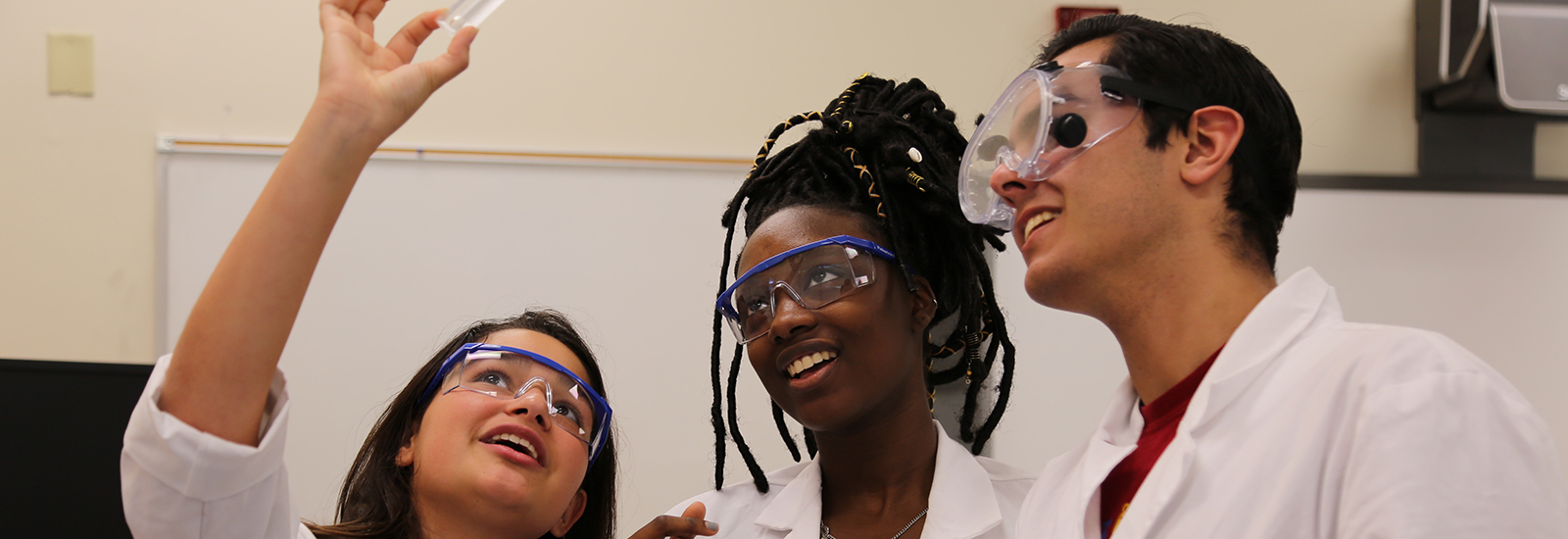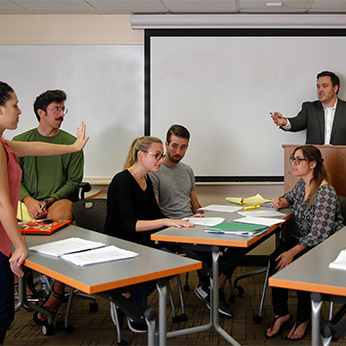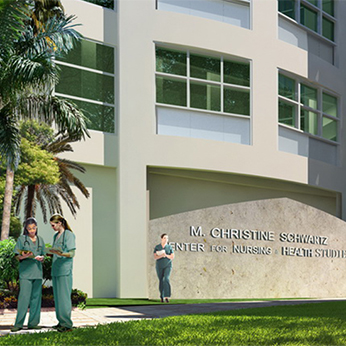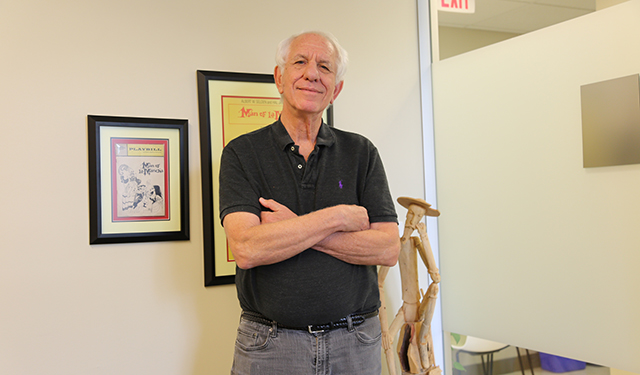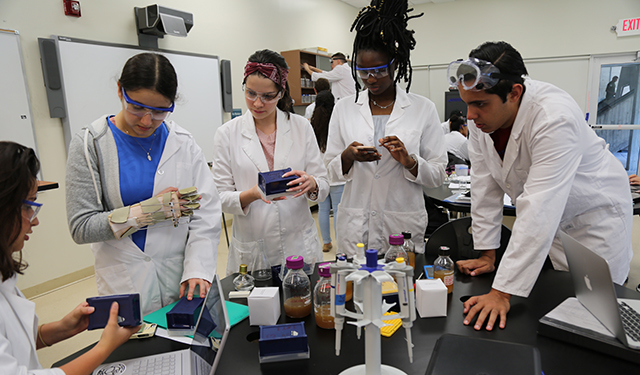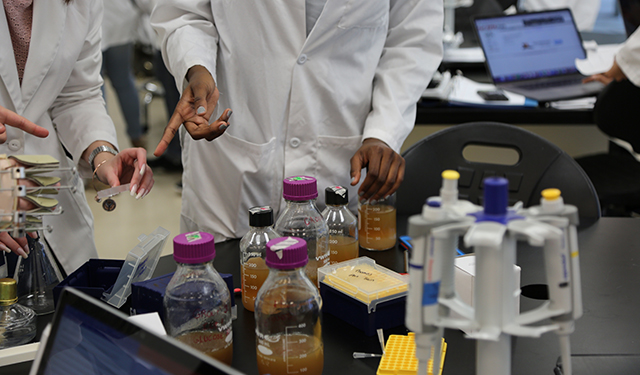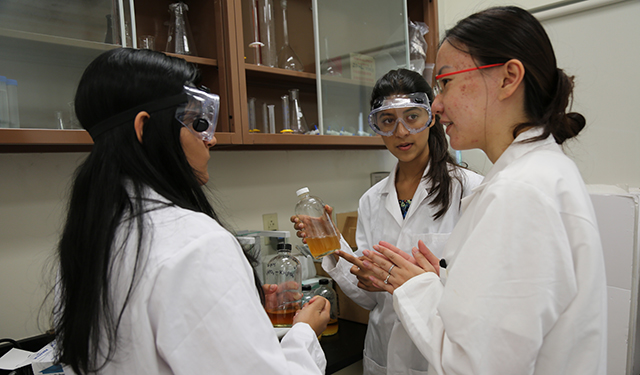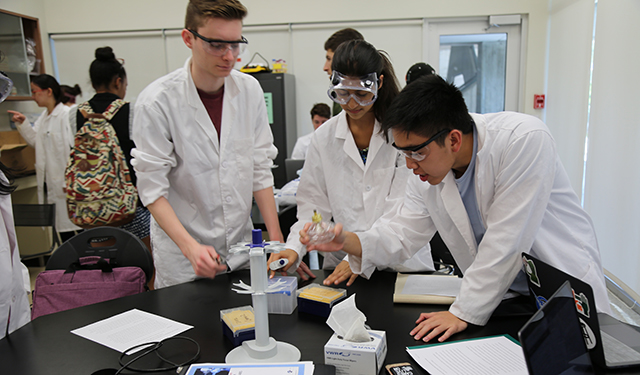by Deserae del Campo
UM News
Michael Gaines is assistant provost of undergraduate research and community outreach, director of pre-health advising and mentoring as well as the director of the Howard Hughes Medical Institute (HHMI) undergraduate education program.
Q: How is the College of Arts and Sciences reinventing the way science is taught in the classroom?
A big change is an emphasis on active learning in the classroom. This means that the teaching methods are student-centered rather than instructor-centered. The faculty’s role has switched from a “sage on stage” to a “guide on the side.” There is beginning to be a shift in science courses at UM in which students learn the basic information at home and do critical thinking and problem solving during class time guided by the instructor. In the purest sense, this is called flipping the classroom. The overarching goal in science education in recent years has been to develop strategies to engage students in their own learning. Under the leadership of the College’s Dean Leonidas Bachas and Senior Vice-Provost Bill Green, UM has been in the forefront of this movement.
Q: What is your mission when it comes to preparing students for careers in the sciences and STEM?
We have been fortunate to receive funding from the Howard Hughes Medical Institute, National Institutes of Health and the National Science Foundation to develop programs to prepare students for careers in STEM (science, technology, engineering and mathematics). We have used the funds to support science programs for Miami-Dade County middle schoolers and high schoolers, Miami Dade College students and UM undergraduates and graduate students. I have been particularly interested in focusing on students from disadvantaged backgrounds who may never have considered a career in science. The cornerstone for all our programs is a meaningful research experience supplemented with a myriad of other professional development activities. We want students to develop self-efficacy to see themselves as scientists.



